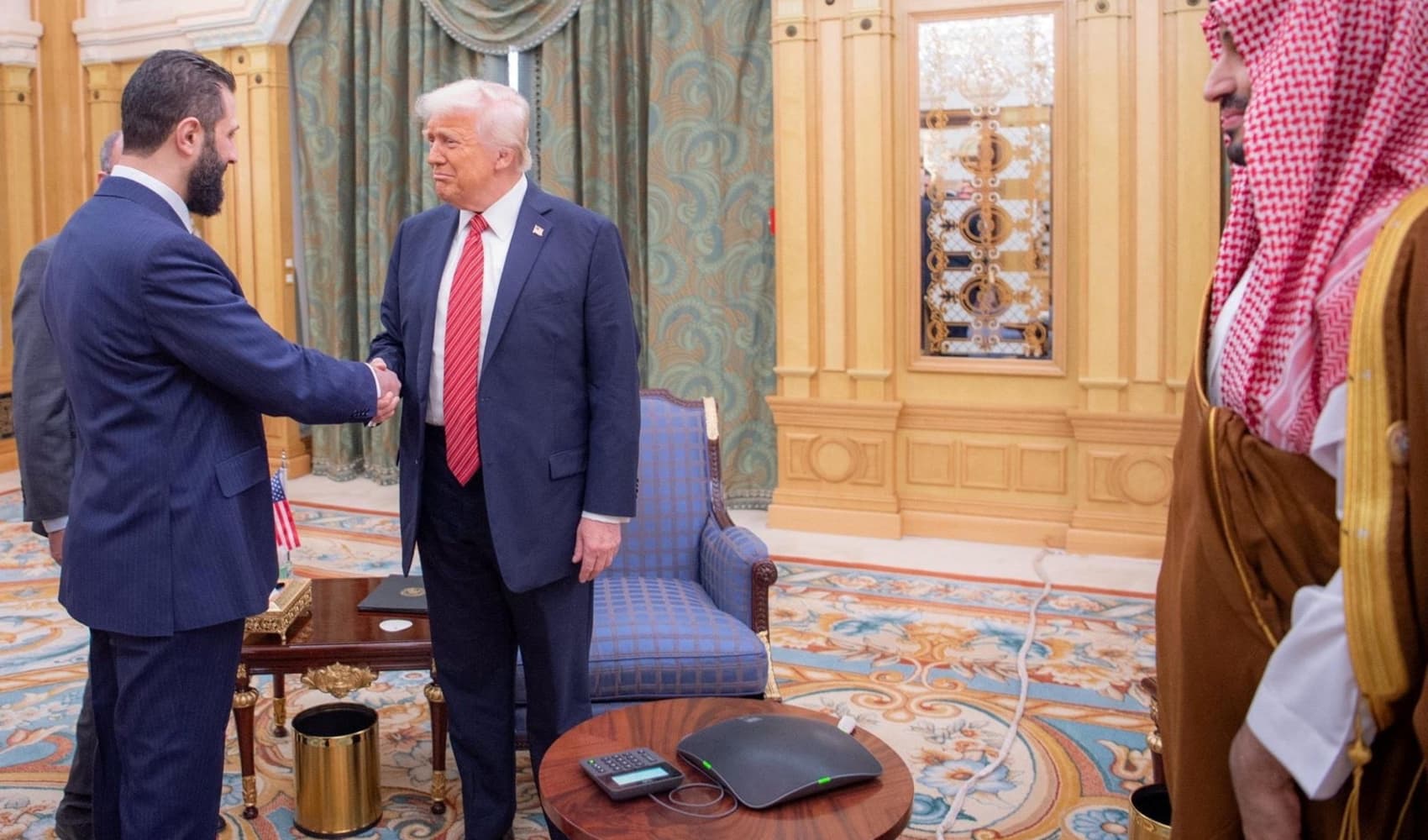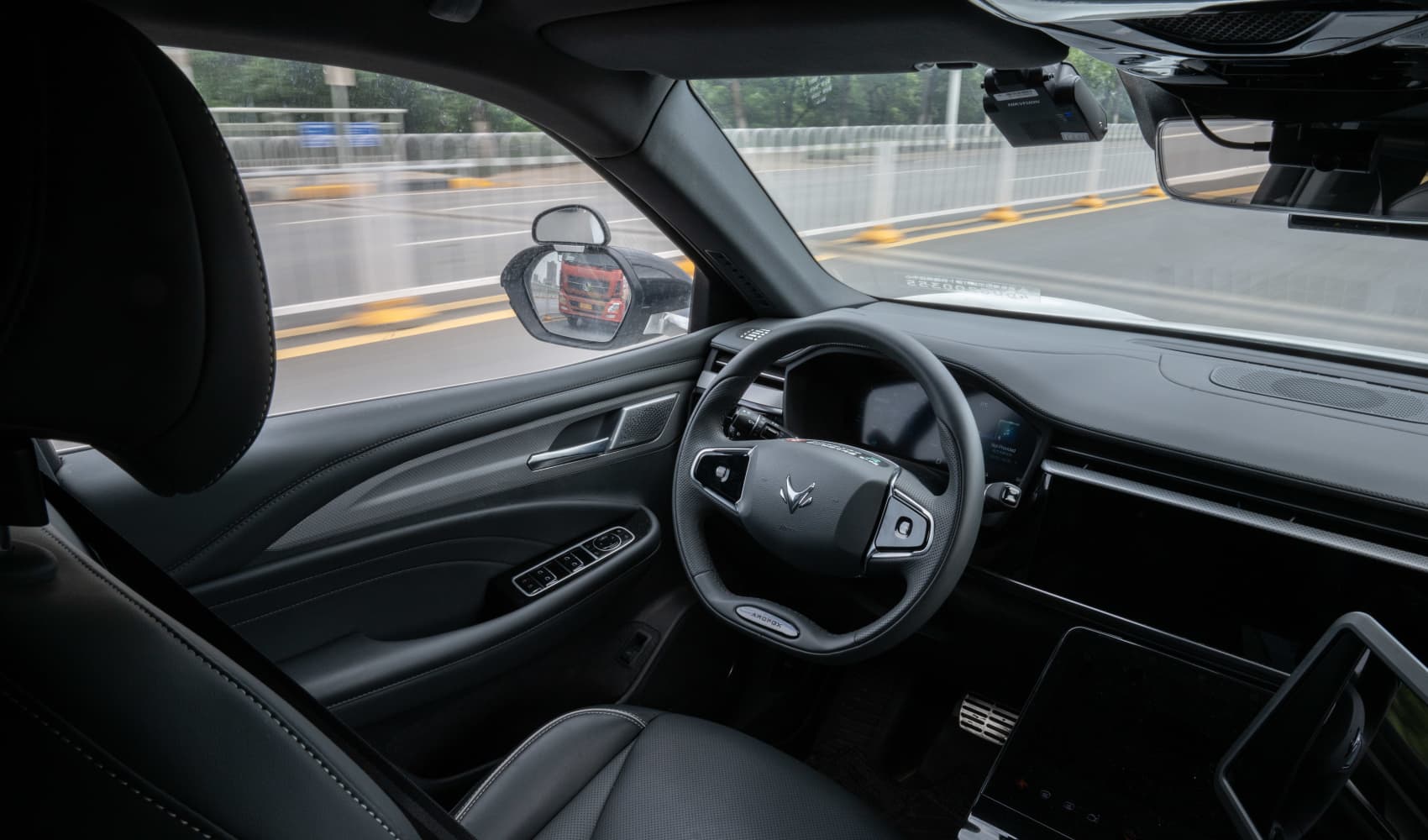Uber Eats Trendyol GO: $700M Acquisition Explained!
Uber Eats a Bigger Slice: $700M Trendyol GO Acquisition!
Introduction: Uber's Turkish Delight
Hold on to your hats, folks! The world of food delivery is about to get a whole lot more interesting. Uber, the ride-hailing giant we all know and (sometimes) love, is making a major power play. They're set to acquire an 85% stake in Trendyol GO, a popular Turkish food delivery platform, for a cool $700 million in cash. Think of it as Uber grabbing a massive slice of the Turkish market, and it's a move that's got everyone talking.
But what does this mean for you, the average consumer? Well, potentially faster delivery times, more restaurant choices, and maybe even a few price wars. Let's dive into the details and see what this tasty acquisition is all about.
Why Turkey? A Strategic Move
Why Turkey, you ask? Well, Turkey's a vibrant, growing market with a huge appetite (pun intended) for food delivery. The country boasts a large, tech-savvy population, and its e-commerce sector is booming. For Uber, it's a strategic opportunity to expand its global reach and tap into a market with massive potential. It's like planting a flag in new territory and saying, "We're here to stay!"
The Turkish Market: A Growing Goldmine
The Turkish e-commerce market is experiencing explosive growth, and food delivery is a significant part of that. Trendyol GO has already established a strong presence in the country, making it an ideal acquisition target for Uber. Think of it like this: Uber's buying a well-established business instead of starting from scratch, saving them time and resources.
The $700 Million Deal: What's Included?
So, what exactly is Uber getting for its $700 million? It's an 85% ownership stake in Trendyol GO, meaning they'll have significant control over the platform's operations. This includes access to Trendyol GO's existing infrastructure, customer base, and network of restaurants and couriers. It's like buying a fully furnished house instead of an empty lot.
Cash is King
The deal is being financed entirely in cash, which shows Uber's financial strength and its commitment to this acquisition. Paying in cash is a sign of confidence and allows for a cleaner, quicker transaction.
Trendyol GO: A Rising Star in Turkish Delivery
Trendyol GO isn't just any food delivery platform; it's a major player in the Turkish market. They've built a reputation for fast, reliable service and have a loyal customer base. This acquisition allows Uber to instantly gain a foothold in a market where it might have struggled to compete on its own. It's like joining forces with a local hero.
A Focus on Small Businesses
Uber CEO Dara Khosrowshahi has highlighted the potential benefits for small and family-owned businesses in Turkey. The merger is expected to give these businesses access to a wider customer base and more efficient delivery infrastructure. This suggests Uber is thinking beyond just profits and considering the social impact of the acquisition.
The Regulatory Hurdles: A Waiting Game
Of course, any major acquisition like this needs to pass regulatory scrutiny. Antitrust authorities will be looking to ensure the deal doesn't create a monopoly or stifle competition. The deal is expected to close in the second half of this year, but regulatory approval is a necessary first step. It's like waiting for the green light before you can start driving.
What This Means for Uber Eats
This acquisition is a clear signal of Uber's continued focus on its Uber Eats business. Food delivery has become a crucial part of Uber's overall strategy, and this deal further solidifies that commitment. Uber Eats is no longer just a side hustle; it's a core component of the company's growth strategy.
Expanding Global Footprint
The Trendyol GO acquisition isn't happening in a vacuum. Uber is actively seeking opportunities to expand its reach in key markets around the world. This deal is just one piece of a larger puzzle, as Uber aims to become the dominant player in the global food delivery landscape. It's like a game of global chess, and Uber is making a strategic move.
Accretive Growth: Boosting Uber's Bottom Line
Uber expects the Trendyol GO acquisition to be "accretive" to its growth once completed. In simple terms, this means the deal is expected to increase Uber's earnings per share and overall profitability. It's like adding a profitable new business to Uber's portfolio.
Financial Benefits: A Win-Win Scenario
The acquisition is expected to generate both revenue and cost synergies for Uber. By integrating Trendyol GO's operations, Uber can streamline its processes and reduce expenses. It's like two companies combining their strengths to create a more efficient and profitable entity.
Impact on Consumers: What to Expect
For consumers in Turkey, the merger of Uber Eats and Trendyol GO could mean a wider selection of restaurants, faster delivery times, and potentially more competitive pricing. It's like having access to a bigger and better menu of options.
More Choices, Faster Delivery
With the combined resources of Uber Eats and Trendyol GO, consumers can expect to see improvements in both the variety of restaurants available and the speed of delivery. This could lead to a more convenient and enjoyable food delivery experience.
The Courier Perspective: Opportunities and Challenges
The acquisition will also have an impact on couriers working for both Uber Eats and Trendyol GO. It could create new opportunities for earning income, but it could also lead to changes in working conditions and compensation. It's like a shift in the landscape for those who deliver our food.
Ensuring Fair Treatment
It will be crucial for Uber to ensure fair treatment and adequate compensation for couriers working on the integrated platform. Maintaining a positive relationship with couriers is essential for the long-term success of the business. Happy couriers mean happy customers.
Competition in the Food Delivery Arena
The food delivery market is fiercely competitive, with numerous players vying for market share. This acquisition is likely to intensify the competition, as Uber looks to solidify its position in Turkey. It's like a high-stakes poker game, and Uber just raised the stakes.
Staying Ahead of the Curve
To succeed in this competitive environment, Uber will need to continue innovating and providing a superior customer experience. This means investing in technology, improving delivery efficiency, and offering competitive pricing. Staying ahead of the curve is essential for survival in the cutthroat world of food delivery.
The Future of Uber Eats: Beyond Turkey
The Trendyol GO acquisition is just one step in Uber's larger plan to dominate the global food delivery market. Expect to see more strategic acquisitions and partnerships in the coming years as Uber expands its reach and strengthens its position. It's like watching a global empire being built, one tasty bite at a time.
Continued Expansion and Innovation
Uber is committed to investing in new technologies and expanding its offerings beyond just food delivery. The company is exploring opportunities in areas such as grocery delivery and on-demand logistics. The future of Uber Eats looks bright, with continued expansion and innovation on the horizon.
Conclusion: A Major Power Play
In conclusion, Uber's $700 million acquisition of Trendyol GO is a major power play that will reshape the food delivery landscape in Turkey. This deal signifies Uber's commitment to the Uber Eats business and its ambition to dominate the global food delivery market. Expect to see more competition, faster delivery times, and potentially more choices for consumers. It's an exciting time for the food delivery industry, and Uber is clearly determined to be a major player.
Frequently Asked Questions (FAQs)
- Why is Uber acquiring Trendyol GO? Uber wants to expand its presence in the growing Turkish market and leverage Trendyol GO's existing infrastructure and customer base.
- How will this acquisition affect consumers in Turkey? Consumers can expect a wider selection of restaurants, faster delivery times, and potentially more competitive pricing.
- What are the potential benefits for small businesses in Turkey? The merger could provide small businesses with access to a wider customer base and more efficient delivery infrastructure.
- When is the deal expected to close? The deal is expected to close in the second half of this year, subject to regulatory approval.
- Will this affect Uber Eats services in other countries? While the direct impact is on Turkey, this shows Uber's overall strategy to invest in and grow its food delivery business globally, so expect more moves like this in other countries.


